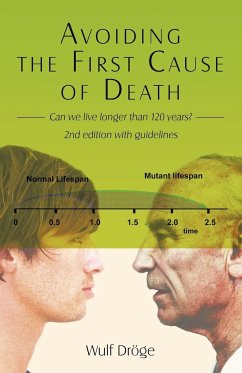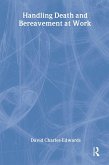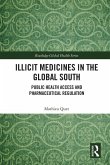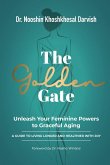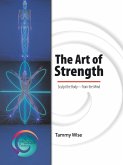The term "first cause of death" describes a process that is believed to limit the maximum life span of a wide range of animals and humans. In several animal species the maximum life span was increased up to more than 250% by mutation of a single gene, suggesting 1) that the maximum life span is limited by the first of several mechanisms of death, and 2) that humans may gain a few more decades by overcoming the "first cause of death." Until now the spectacular discovery of these longevity mutants has not been translated into practical benefits. Scientists will still need decades to clarify all the details and provide the solid scientific evidence which one would like to see. However, if one looks at a broad range of scientific evidence, one is led to a set of practical interventions likely to decrease the rate of aging. The scientific evidence in some areas may still be weak; but it would be unwise to ignore the probable. To follow these recommendations may often be inconvenient but does not require a major sacrifice.
Hinweis: Dieser Artikel kann nur an eine deutsche Lieferadresse ausgeliefert werden.
Hinweis: Dieser Artikel kann nur an eine deutsche Lieferadresse ausgeliefert werden.

